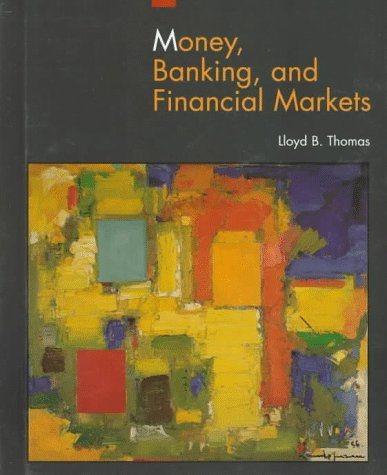Question
Your childhood friend Brad Zelinski has asked you to help him gain control of his personal finances. Single and 30 years old , Brad is
Your childhood friend Brad Zelinski has asked you to help him gain control of his personal finances. Single and 30 years old, Brad is employed as a salesperson for a technology company. His annual salary is $54 000. After payroll deductions for EI and CPP contributions, and income taxes, his monthly disposable income is $3380. Brad has recently moved from his comfortable two-bedroom apartment with rent of $1200 per month to a condo with rent of $1600 per month. The condo is in a plush property owners association with two golf courses, a lake, and an activity centre. You review his other monthly expenses and find the following:
Tenants insurance: $20 Car payment (balance on car loan $10 000; market value of car $11 000): $400 Utilities (gas, electric, cable): $100 Smartphone: $210 Food (consumed at home): $200 Clothes: $100 Car expenses (gas, insurance, maintenance): $250 Entertainment (dining out, golf, weekend trips): $350 Credit card payment: $250
Brad is surprised by how much money he spends on clothes and entertainment. He uses his credit card for these purchases (the balance is $8000 and climbing) and has little trouble making the required minimum monthly payment. He would, however, like to see the balance go down and would eventually like to pay his credit card off completely. Brads other goal is to save $4000 a year so that he can retire 20 years from now. He would like to start saving in five years, as he does not think the delay will affect the final amount of retirement savings he will accumulate. Brad currently has about $4000 in his chequing account and $200 in his savings account. He has furniture valued at $1500 and owns 1000 shares of an internet stock, currently valued at $1300, which he believes has the potential to make him rich.
Case Question:
1.Consider Brads goal to retire in 20 years by saving $4000 per year starting five years from now. a. Based on your analysis of Brads cash flow and your recommendations, is saving $4000 per year a realistic goal? If not, what other goal would you advise? b. In order for Brad to know what his $4000 per year will accumulate to in 20 years, what additional assumption (or piece of information) must he make (or have)? c. Assuming that Brad invests $4000 per year for 20 years, starting five years from now and achieves an annual return of 9 percent, compounded monthly, how much will he accumulate in 25 years? d. Compare the alternative of investing $4000 every year for 25 years beginning today with Brads plan to invest $4000 every year for 20 years beginning five years from now. How much will Brad have to save each year to accumulate the same amount that he would have in 25 years if he started saving now instead of five years from now? (Again, assume a 9 percent annual return, compounded monthly.)
2. Develop three or four suggestions that could help Brad to reduce his income tax exposure
Step by Step Solution
There are 3 Steps involved in it
Step: 1

Get Instant Access to Expert-Tailored Solutions
See step-by-step solutions with expert insights and AI powered tools for academic success
Step: 2

Step: 3

Ace Your Homework with AI
Get the answers you need in no time with our AI-driven, step-by-step assistance
Get Started


